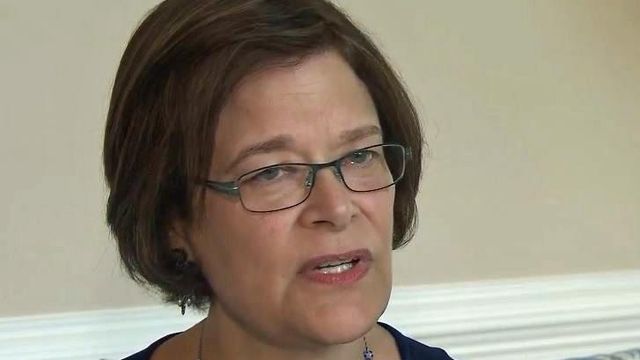NC elector: People want me to change my vote, but I'll vote Trump
Under North Carolina law, an elector who switches a vote is subject to a $500 fine, the vote would not be recorded and alternate electors would fill the vacancy.
Posted — UpdatedThat will be Trump, who captured an Electoral College victory that helped propel him to a giant political upset.
So, when North Carolinians voted for president last week, they weren't actually voting for Donald Trump or Hillary Clinton – they were voting to decide how the state’s 15 electors would cast their votes.
Lee Green, of Durham, is one of 15 people the Republican Party selected to represent North Carolina in the Electoral College. She said he is “honored and enthusiastic” to serve as one of the country’s 538 electors.
On Dec. 19, Green and the other electors will meet at the North Carolina State Capitol and cast their votes officially for the Trump-Pence ticket, representing the state.
Green said she is bound to vote for Trump, but that isn't stopping people from trying to convince her to switch.
“We have been bombarded with letters from people saying, 'Please change your vote,' which I think is quite disturbing that we would not follow the will of the people,” Green said.
State law forces electors to vote for the candidate who carried the state.
“If we just went for popular vote, the candidates could focus on a few very big cities, but they would ignore the rest of the country,” she said.
Under North Carolina law, an elector who switches a vote is subject to a $500 fine, the vote would not be recorded and alternate electors would fill the vacancy.
The Electoral College was established in 1787. The founding fathers, the men who drafted the constitution, debated several formats for electing the president. They considered Congress voting, having the state legislatures choose, as well as using a direct popular vote.
They ultimately decided on the Electoral College format, as a compromise to consider the desires of the states and individual voters.
As Green prepares to cast her vote, she hopes people give Trump a chance.
“It's a turning point in history. Our country is so yearning for change, and I’m happy to be one who officially makes it happen,” she said.
• Credits
Copyright 2024 by Capitol Broadcasting Company. All rights reserved. This material may not be published, broadcast, rewritten or redistributed.





